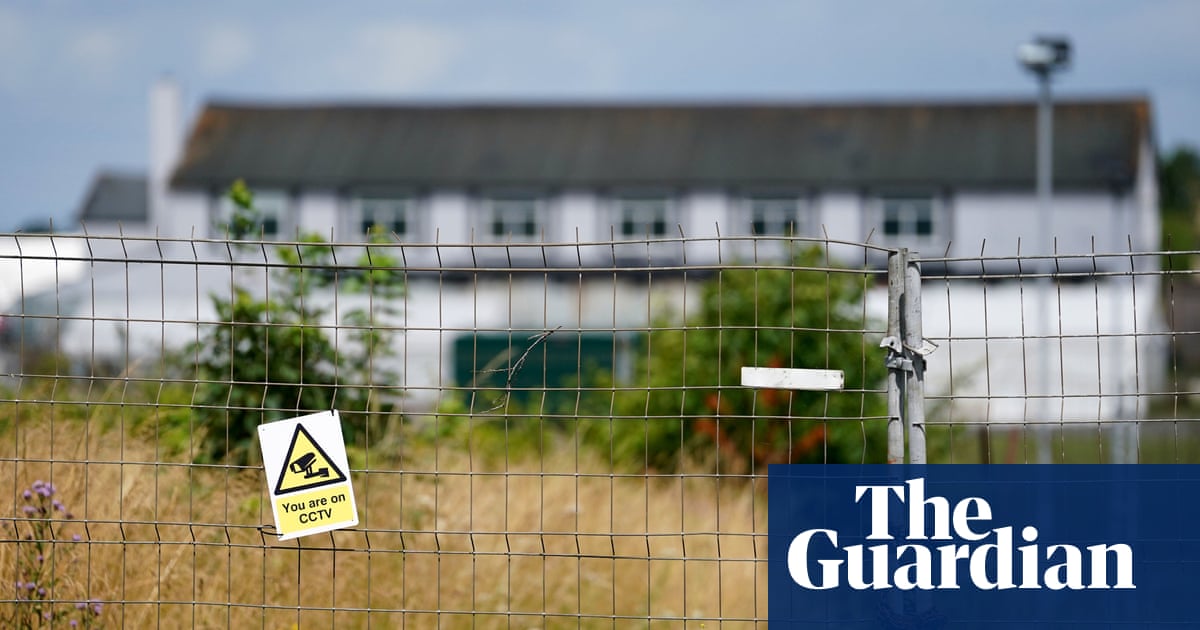
Up to 20,000 Iraqi and Iranian asylum seekers are to have their claims fast-tracked by the Home Office in a renewed push to clear a backlog, a leaked letter shows.
In a significant move to meet Rishi Sunak’s pledge to deal with more than 90,000 claims submitted before last June, claimants from the two countries will be asked to fill in detailed questionnaires in English before facing shortened interviews with officials.
If a positive decision can be made on the basis of the evidence available, a personal interview may not be required. If a claimant fails to comply with the process, their claim could be withdrawn.
The move follows a similar scheme launched in February that asked 12,000 claimants from Afghanistan, Eritrea, Syria, Yemen and Libya to fill in detailed 11-page documents or risk refusal of their claims.
Sunak has declared clearing the asylum backlog as one of his top priorities, and pledged last year to clear the backlog of 92,601 asylum cases submitted before June 2022 by the end of this year.
At the end of 2022 there were 11,698 Iranian cases and 8,909 Iraqi cases in the legacy backlog, out of a total of 132,000 applications. The grant rate for Iranian claimants is 80%, and for Iraqis it is 54%.
The move has been cautiously welcomed by a leading immigration lawyer. However, campaigners have called for the government to reassure people seeking asylum that their claims will not be withdrawn if they fail to submit documents on time.
In a letter sent to stakeholders on Monday, the Home Office said it was launching “a new phase in the programme to clear the legacy backlog” by grouping the remaining outstanding legacy claims together into cohorts, which will allow claimants to “either be called for a substantive interview or be sent a questionnaire and called for a targeted or shorter interview”.
It said: “As part of this approach, the first cohorts we will prioritise are legacy claimants from Iran and Iraq, as these are the two highest nationality cohorts of outstanding claims. Iranian and Iraqi legacy claimants who have not yet been substantively interviewed will begin receiving questionnaires which will be tailored to their circumstances over the next few weeks, helping to reduce the duration of any subsequent interviews.
“Once the necessary information is received, we anticipate that targeted or shorter interviews will be approximately 30 minutes to two hours in length.”
Claimants will have a total of 30 working days to return their English-language questionnaire, the letter said. “If they fail to comply with the asylum process through non-attendance at an asylum interview without a reasonable explanation, their claim may be withdrawn,” it added.
Officials have told the Guardian that many of the questionnaires issued to people claiming asylum from Afghanistan, Eritrea, Syria, Yemen and Libya have not been filled in properly, leaving officials still needing to carry out lengthy interviews. A report in the Times last week claimed that just 10% had been filled in properly, making the fast-track scheme largely redundant.
Colin Yeo, an immigration barrister and author, welcomed the streamlining of Iraqi and Iranian claims but warned that the new scheme could be premature if the problems of previous questionnaires persisted.
“It looks like good news but premature if they haven’t sorted out the easy cases already,” he said. “And it is not clear how this is going to help with more complex cases. Most asylum interviews are about two to three hours anyway so there’s not much of a time saving if they’re at the upper end of their time estimate.”
Sile Reynolds, the head of advocacy at the campaign group Freedom From Torture, which is taking legal action against the Home Office over the threat of withdrawal of claims if questionnaires are not returned on time, said the government had given assurances that no claims had so far been withdrawn.
“We remain concerned that rolling out this policy without further safeguards, including access to legal representation, an interpreter or a full face-to-face interview, could result in survivors of torture being refused protection and returned to their home countries to face persecution,” she said.
The Home Office said: “We need to make sure asylum seekers do not spend months or years living in the UK, at vast expense to the taxpayer, waiting for a decision. This questionnaire will help us clear the backlog of historic asylum cases by speeding up decisions and allowing case workers to carry out shorter, more focused interviews.
“Individuals who receive one, like all asylum seekers, are subject to mandatory security checks against their claimed identity, including immigration and criminality checks on UK databases, which is critical to the delivery of a safe and secure immigration system.”












